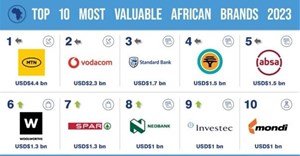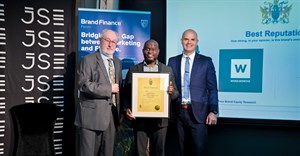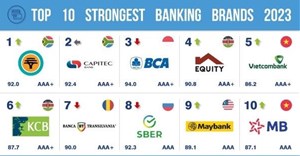Ethics vs ambushing at 2010
Du Toit describes two types of ambush marketing: “... the first being by association. This occurs where the ambush marketer represents to the public that it is the authorised sponsor of an event. In contrast to this, ambush marketing through 'intrusion' makes use of the publicity of an event to gain unauthorised exposure for a brand. Here, the ambush marketer does not suggest an association with the event but uses the captive audience of an event to gain maximum exposure for product or services.”
“In both forms of ambush marketing, the marketer aims to use the event to advertise his product, whilst avoiding the financial and other obligations of an official sponsor.
Claims by certain companies that they will use this controversial form of marketing to promote themselves over the course of the soccer world cup has been met with near hysteria.
“One can understand that companies are paying millions to sponsor an event and, in the case of the World Cup, hundreds of millions would be determined to protect their marketing and brand building environment,” continues de Villiers. “However, in the competitive world we live in today, writing off so-called ambush marketing as illegal, unethical or improper is simply not correct or appropriate.”
He says the ethics of each marketing situation must be judged on merit and he believes professional marketers would be loath to act unethically. “Unethical tactics have a habit of doing more long-term damage to the brand than the short-term benefits warrant. MASA endorses all legal and ethical forms of marketing and its members all agree to adhere to its code of conduct. This in itself prevents people from acting irresponsibly.”
FIFA naturally has the obligation and right to protect its sponsors and its event, and it has a strong opinion against ambush marketing. This stance is one of the reasons for the conflict surrounding the topic now. In response, Jeremy Sampson wrote a letter to Business Day highlighting the fact that ambush marketing has “developed into an art form and is undeniably effective.” Marketers will therefore employ it.
This is not to say that ambush tactics should simply be accepted and sponsors should happily see the value of their high-priced deals eroded. Sampson notes that being ambushed is inevitable, but there are steps companies can take to minimise the action and the damage to sponsors.
Careful consideration should be given to how to limit ambush marketing damage without taking a strong-arm approach that could see companies alienating their target market instead of building relationships. The best way to avoid an ambush is to ambush yourself before anyone else gets a chance, limiting opportunities for others to steal your thunder.
“MASA supports all legal and ethical marketing efforts to promote and grow a business,” adds de Villiers. “To resolve the issue, the association is discussing it with legal experts to try to gain a clearer perspective. At the moment this is still a grey area with no clearly defined limits.”















